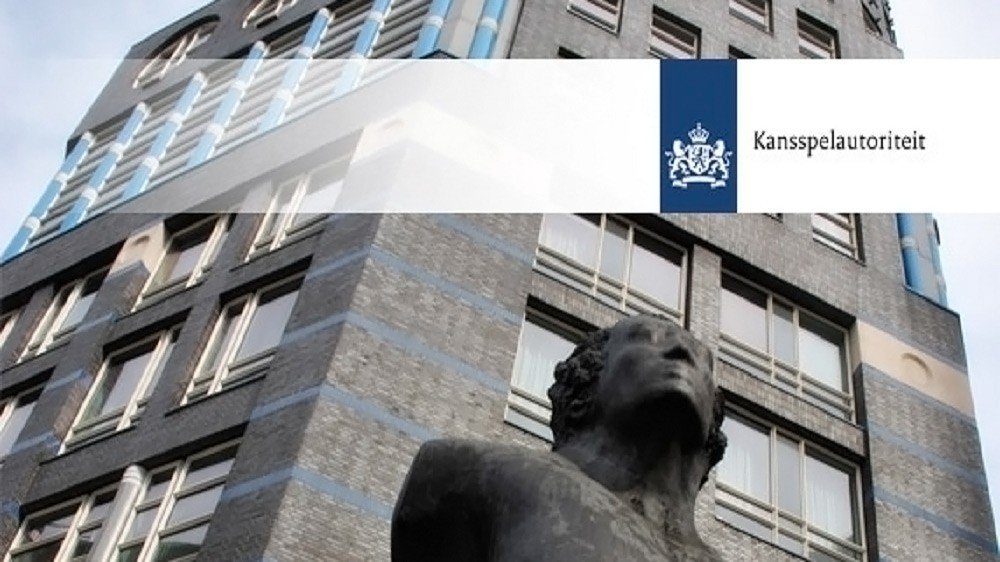KSA warns BetMGM for featuring underage FC Barcelona star Lamine Yamal in gambling ad

BetMGM has received an official warning from the Netherlands’ gambling authority after an advertisement featured 17-year-old footballer Lamine Yamal, contravening the country’s rules on gambling promotions.
The Kansspelautoriteit (KSA) determined that the ad, which included the FC Barcelona winger, violated laws that prohibit the use of individuals under 25 or those with strong youth appeal in gambling advertisements. Yamal, who represents Spain’s senior national football team, is below the legal gambling age in the Netherlands.
The ad originated from an affiliated media outlet and was removed after a media partner flagged the issue to BetMGM. While the operator acted to withdraw the material and implement safeguards, it did not notify the KSA, as required under Dutch law.
“The provider did not report it, but should have: licensees are required to inform the KSA of errors on their part that could pose a danger to consumers,” the KSA said in a statement.

Despite the failure to report, the regulator issued only a warning, citing BetMGM’s swift action. “The KSA has dealt with the violation with a warning, because BetMGM quickly ended the violation and took adequate measures to prevent recurrence,” the agency added.
BetMGM entered the Dutch market in 2024 through LeoVegas, owned by MGM Resorts. The U.S. version of BetMGM operates separately under a joint venture between MGM Resorts and UK-based Entain.
The case comes as the Netherlands prepares for a full ban on gambling-related sports sponsorships, scheduled to take effect on July 1, 2025. Since the Remote Gambling Act took effect in October 2021, the market has expanded from 10 to over 30 licensed operators, prompting increased regulatory oversight.
In 2022, the country introduced a rule barring the use of role models in gambling ads. The upcoming sponsorship ban is part of a wider set of reforms aimed at limiting gambling exposure, particularly to young audiences.
The KSA and Minister for Legal Protection Teun Struycken have warned operators and sports entities against attempting to bypass these rules, citing similar issues in Belgium, where workarounds were used following the introduction of comparable restrictions.
With the transition period ending, Dutch regulators have signaled that enforcement will be strict, and violations, whether in advertising or sponsorship, will be met with action.















